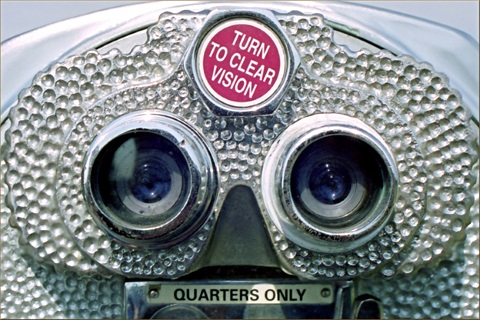6 myths of complicated copy
Why make copy clearer and more readable?

In “Complex to Clear: Managing Clarity in Corporate Communication,” two researchers at the University of St. Gallen (Switzerland) list these reasons:
- Messages are becoming more complex.
- Attention spans are shrinking.
- Audience members have learned to expect clearer communications.
- People sometimes accuse organizations of deliberately obfuscating information.
6 fallacies of complex communication
Why, then, do we persist in muddying our messages? One reason, the authors say, may be that we believe that complex communications are more:
- Authoritative
- Immune to criticism
- Complete
- Appealing to approvers
- Sophisticated
- Credible
Problem is, write authors Martin J. Eppler, Ph.D, and Nicole Bischof, these assumptions “are based on the premise that the receivers of a complex message will blame themselves for not understanding it.”
And that’s not true in this information-rich world, where if you don’t communicate the message clearly, someone else will.
Besides, write Eppler and Bischof, years of research on persuasive communications show that messages are credible and convincing only if audience members connect with them. And nobody connects with overly complicated information.
___
Source: Martin J. Eppler, Ph.D., and Nichole Bischof, “Complex to Clear: Managing Clarity in Corporate Communication,” University of St. Gallen, November 2011

Leave a Reply